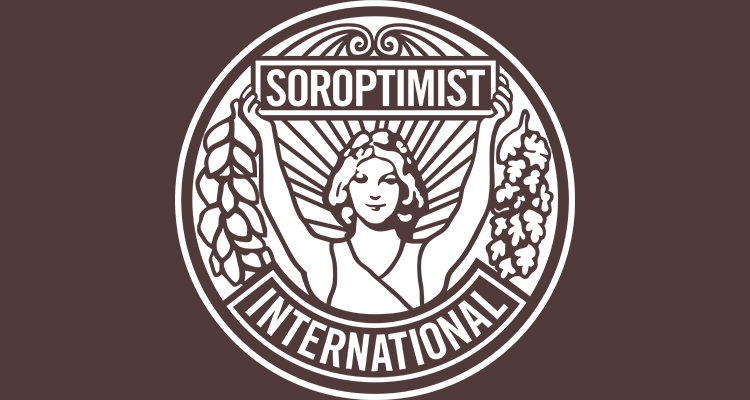A blog by Pat Black
“I took a huge leap forward in my learning thanks to an interesting and diverse panel of lawyers and researchers on behalf of the International Development Law Organization (IDLO) who took us through WOMEN AND CUSTOMARY AND INFORMAL JUSTICE.
The event was billed to provide space for an open consultation on the relationship between women and Customary and Informal Justice systems (CIJs), on legal pluralism and on the intersection of formal and informal justice systems. With a gender lens and a focus on challenges and opportunities of engagement, participants discussed the specificities of promoting women’s rights within plural legal systems. The event was part of a series of global consultations being initiated by IDLO to inform policy and programming on CIJs, plurality and access to justice. The documentation is available online on the IDLO website.
The panel defined customary and informal justice as covering issues such as land and water rights, divorce, family rights and religious disputes including systems such as Sharia Law.
We heard speakers from Kenya, Uganda, and Latin America where there is and has been conflict between the two legal systems. Often women cannot afford to go through the formal court route and settle for CIJ, through local Elder Councils, Faith courts and similar cultural justice systems. Sometimes they are given no choice.
However, it was said that many of these systems put women ‘on the back burner’ and relegate formal laws to the periphery.
Just passing a national law to deal with this is not enough; countries have to do many other things such as engaging community leaders and using SDGs to leverage women’s participation.
The experience in Kenya where they are trying to incorporate some elements of informal system into the formal system was described, indicating they are having a certain amount of success.
80% of disputes are resolved through informal systems. To assist understanding The Council of Elders are being trained to understand women’s perspectives, court lawyers are being trained in mediation and women trained in self representation, on what are their rights.
In Uganda elders are being trained in handling difficult and sensitive issue of VAWG by a National women’s organisation. Their training programme includes
- How to help women
- How to deal with negative and positive institutions
- Had to negotiate issues which are not acceptable
- Enabling an environment where women and girls can speak out
They are developing guidelines based on international frameworks, but written in their own languages again to ensure understanding. They encourage women to gain and give leadership.
I found this session informative and challenging. It was interesting to hear how lawyers are working to recognise the significance of local and traditional justice but also moving to incorporate it into national legal frameworks.
All admitted there is still a lot of work to do but encouraged everyone to take part in the consultation so that progress can be made”.

